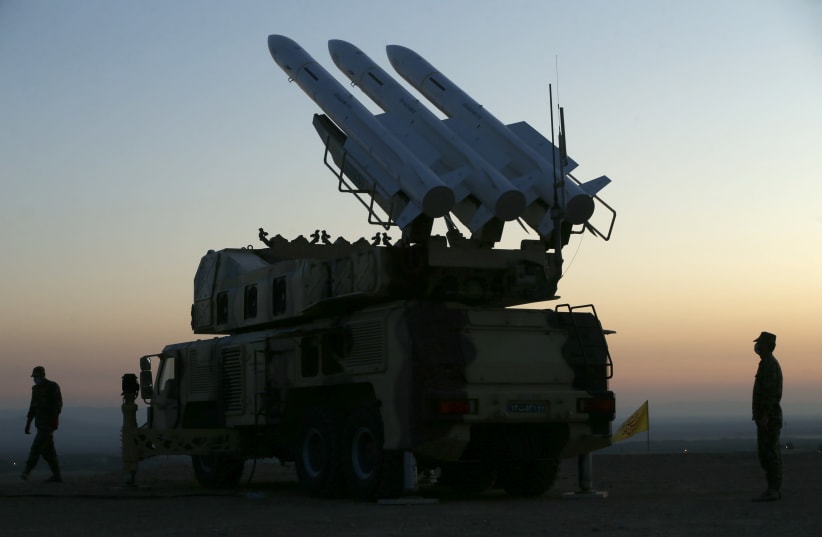Iran projects strength abroad, often acting like a mafia don running the Middle East, threatening countries to pay for protection or get attacked. But inside the regime’s territory, all is not well.
Last Thursday, someone attempted to hijack a plane that was departing Ahvaz, a southwestern city with a large Arab minority, en route to Mashhad. The Islamic Revolutionary Guard Corps stopped the hijacking. They have armed men on many flights in Iran to stop scenarios like this, according to reports.
But the unusual nature of the mysterious hijacking shows that people are willing to use dire means and violence to get their way. Because Iran is an opaque country, it is not clear whether politics, terrorism or something else led to the hijacking.
On the other side of Iran from Ahvaz, in Sistan and Baluchistan Province near Pakistan, there are continuing tensions and clashes. These began after the IRGC opened fire on alleged fuel smugglers, killing at least 10. The unrest in the area has continued for weeks.
Once again, not everything is known about the extent of the chaos because much is censored, and this is a rural border area in the southeast, next to Pakistan. According to one report, the IRGC has sought to interdict smuggling by digging tunnels or holes on the border.
It is not entirely clear how that helps stop the smuggling. Explosions have been reported in the area. Government buildings have been targeted by dissidents.
Iran is also cracking down on Kurdish activists, particularly women. In January, there were reports that Iran had detained three female Kurdish activists. They were transferred to an IRGC detention center in Urmia. At least 24 Kurdish civilians were detained in January, the reports said.
The increase in arrests of Kurds by the IRGC is part of the same pattern in Baluchistan and in Ahvaz. It is not like these three incidents are all just random. In each area, the corps has usurped the powers of the government to conduct most of Iran’s operations.
In each place, it is also clear that unrest is boiling beneath the surface. The face that Iran tries to project beyond its borders, of power and strength, belies a very real series of problems closer to home.
The overall context is that Iran is also suffering from COVID-19 and is implementing various travel regulations and trying to cope with continued sanctions.
Although it says its indigenous industry can keep up with the challenges, it has invested heavily in weapons, such as ballistic missiles, and neglects some industries at home.
